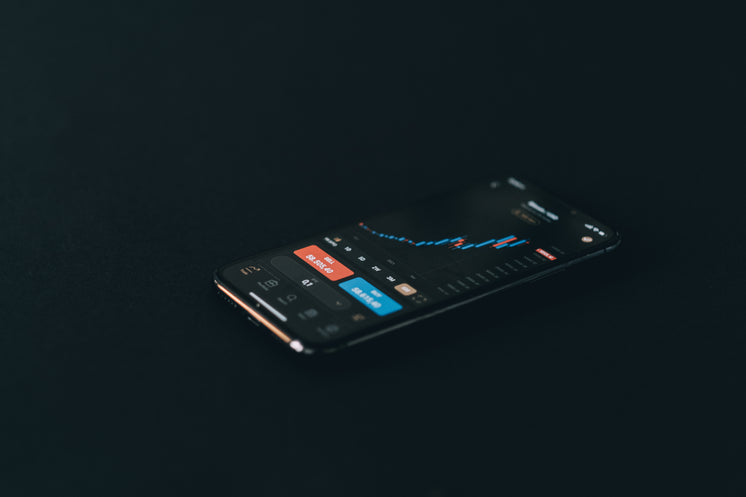These illicit marketplaces, commonly referred to as CVV shops, represent a dark and alarming facet of cybercrime. In the shadows of the internet's expansive landscape, a sinister underworld thrives where cybercriminals trade stolen payment card information. This article delves into the dark side of CVV shops, shedding light on the risks they pose and the challenges they present to cybersecurity. Services like Apple Pay, Google Pay, and Samsung Pay enable users to store their credit and debit card information securely and make contactless payments with a simple tap.
Mobile Wallets: Mobile wallets have revolutionized the way we make payments by turning smartphones into virtual wallets. These wallets often employ biometric authentication, adding an extra layer of security. A complete set of personal information allows criminals to impersonate individuals, make unauthorized transactions, and even commit tax fraud. Understanding Fullz: Fullz are prized possessions in the underground world of cybercrime, as they provide cybercriminals with the tools to commit identity theft, financial fraud, and other illicit activities.
 Other cybercriminals seek these credentials to facilitate money laundering, fraudulent transactions, and other illicit financial activities. Black Market Demand: A thriving underground market exists for stolen PayPal and bank credentials. Understanding the motivations behind these fraudulent activities underscores the importance of robust cybersecurity practices, consumer education, and collaboration among financial institutions and law enforcement agencies.
Other cybercriminals seek these credentials to facilitate money laundering, fraudulent transactions, and other illicit financial activities. Black Market Demand: A thriving underground market exists for stolen PayPal and bank credentials. Understanding the motivations behind these fraudulent activities underscores the importance of robust cybersecurity practices, consumer education, and collaboration among financial institutions and law enforcement agencies.
Conclusion: The sale of PayPal and bank logins on the internet is a grave form of cybercrime that threatens financial security and personal privacy. By taking proactive measures and staying informed, individuals can fortify their defenses against such threats, contributing to a safer and more secure digital environment for all. By avoiding these illegal activities, individuals can contribute to a safer digital landscape and uphold the values of legality, ethics, and respect for privacy.
Conclusion: The allure of using stolen personal information from live fullz can be tempting, but it's essential to recognize the legal and ethical implications.
Mobile Wallets: Mobile wallets have revolutionized the way we make payments by turning smartphones into virtual wallets. These wallets often employ biometric authentication, adding an extra layer of security. A complete set of personal information allows criminals to impersonate individuals, make unauthorized transactions, and even commit tax fraud. Understanding Fullz: Fullz are prized possessions in the underground world of cybercrime, as they provide cybercriminals with the tools to commit identity theft, financial fraud, and other illicit activities.
 Other cybercriminals seek these credentials to facilitate money laundering, fraudulent transactions, and other illicit financial activities. Black Market Demand: A thriving underground market exists for stolen PayPal and bank credentials. Understanding the motivations behind these fraudulent activities underscores the importance of robust cybersecurity practices, consumer education, and collaboration among financial institutions and law enforcement agencies.
Other cybercriminals seek these credentials to facilitate money laundering, fraudulent transactions, and other illicit financial activities. Black Market Demand: A thriving underground market exists for stolen PayPal and bank credentials. Understanding the motivations behind these fraudulent activities underscores the importance of robust cybersecurity practices, consumer education, and collaboration among financial institutions and law enforcement agencies.Conclusion: The sale of PayPal and bank logins on the internet is a grave form of cybercrime that threatens financial security and personal privacy. By taking proactive measures and staying informed, individuals can fortify their defenses against such threats, contributing to a safer and more secure digital environment for all. By avoiding these illegal activities, individuals can contribute to a safer digital landscape and uphold the values of legality, ethics, and respect for privacy.
Conclusion: The allure of using stolen personal information from live fullz can be tempting, but it's essential to recognize the legal and ethical implications.


